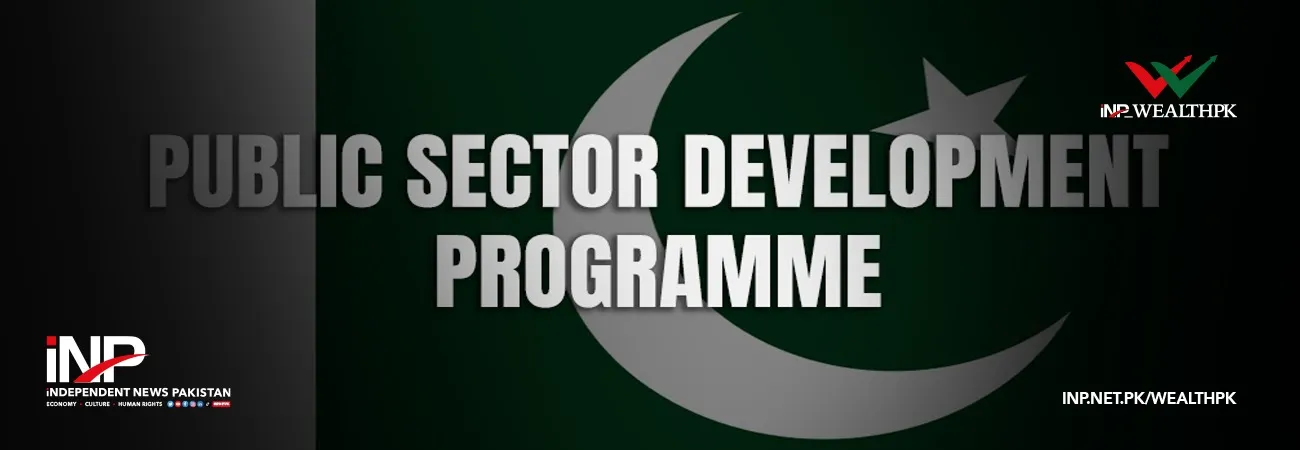INP-WealthPk
Mansoor Sadiq
Policy consistency is the ultimate option to steer the industries and pharmaceutical sector through a plethora of challenges, says Chairman Pakistan Pharmaceutical Manufacturers Association (PPMA) Syed Farooq Bukhari while talking to WealthPK.

Bukhari said owing to the continuation of inconsistent policy, all large scale, small scale and small and medium enterprises (SEZs) have reached the verge of collapse. Owing to import restrictions and other subsequent issues, the industrialists have been left with no option but to close their industries, he added.
Commenting on the general perception about the rising prices of medicines in the country, Syed Farooq Bukhari said the pharmaceutical sector is usually seen as the most profitable industry but the reality is that it is the most regulated and highly sensitive industry in view of the pricing issues.
He rejected the perception that the pharmaceutical sector has immense profit margin stating that the profit ratio is strictly monitored by the respective government bodies.
Bukhari said there are policy consistency issues, specifically for the pharmaceutical industry, adding that there are no parameters to identify where the pharma sector will be in the next five to ten years in view of its manufacturing tools and dependency on the imported raw materials for manufacture of medicines.
“Similarly, there are fluctuations in the policy implementation, as once a policy is designed, it goes into different transition phases in a span of 3-5 years with the arrival of new governments, which ultimately affects the performance and working environment of the overall industry and respective sector,” Bukhari maintained.
“Non-consistency in policy framework has not only damaged the overall working environment for the pharma sector but also for the other manufacturing and industrial sectors. Whenever, a new government comes into power, it tends to reverse and tune the policies as per its interests.”
“It is also worth mentioning that 90 percent medical and surgical devices are imported, including the public and private hospitals. On account of import restrictions, an alarming situation has developed at the government hospitals where operations and major surgeries are being delayed for unavailability of medical and surgical devices,” Bukhari continued.
He said the import of medical and diagnostic products has not been allowed due to non-issuance of LCs by the banks, which has created a serious health situation in almost all hospitals of the country with a severe shortage of surgical and diagnostic equipment.
Bukhari said the PPMA has been seeking a proactive approach instead of a reactive one to address the pharma sector crisis. Dozens of pharma companies have already closed production due to the unavailability of raw material, as 90 percent pharma industry relies on the imported raw material, he said.
According to Bukhari, amidst this challenging scenario, issues of artificial inflation and black marketing also surfaced with the shortage of medicines. The PPMA chairman said the total import bill of the pharma sector is not more than $200 million and the government has to take this initiative to facilitate this sector on priority basis so as to avert any emergency situation in the health sector.
“The way the government imports wheat and oil in the prioritized list, the pharma sector needs to be in the sanction-less mechanism,” Bukhari said. “Slow and tedious process in the opening of LCs for the pharma sector is going to become a nightmare. The government should come forward with a viable and prioritized mechanism to run the pharma sector. This lethargic conduct will result in shortage of medicines and medical and surgical devices across the country,” he added.
Credit: Independent News Pakistan-WealthPk













